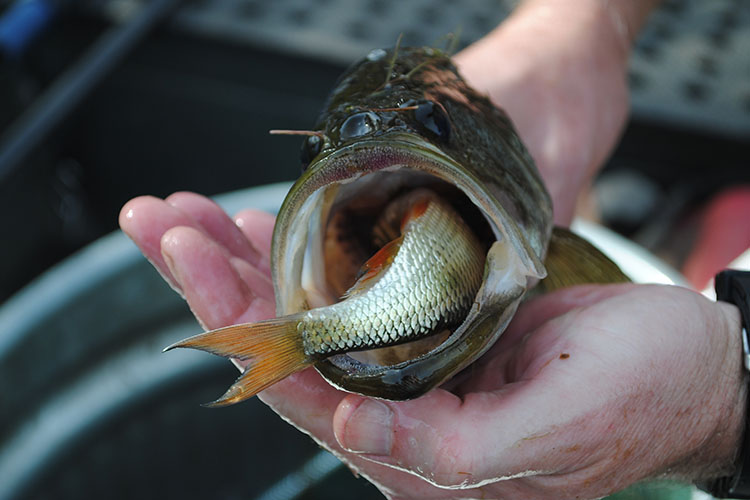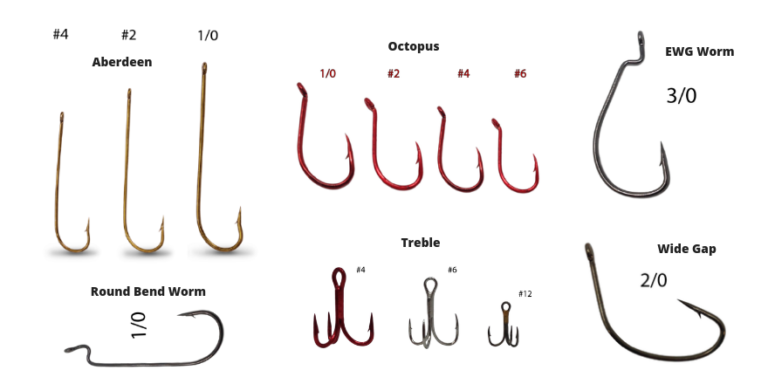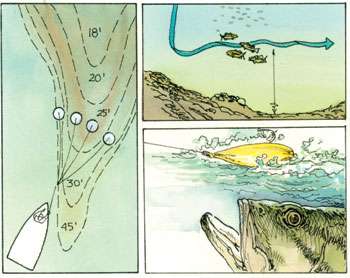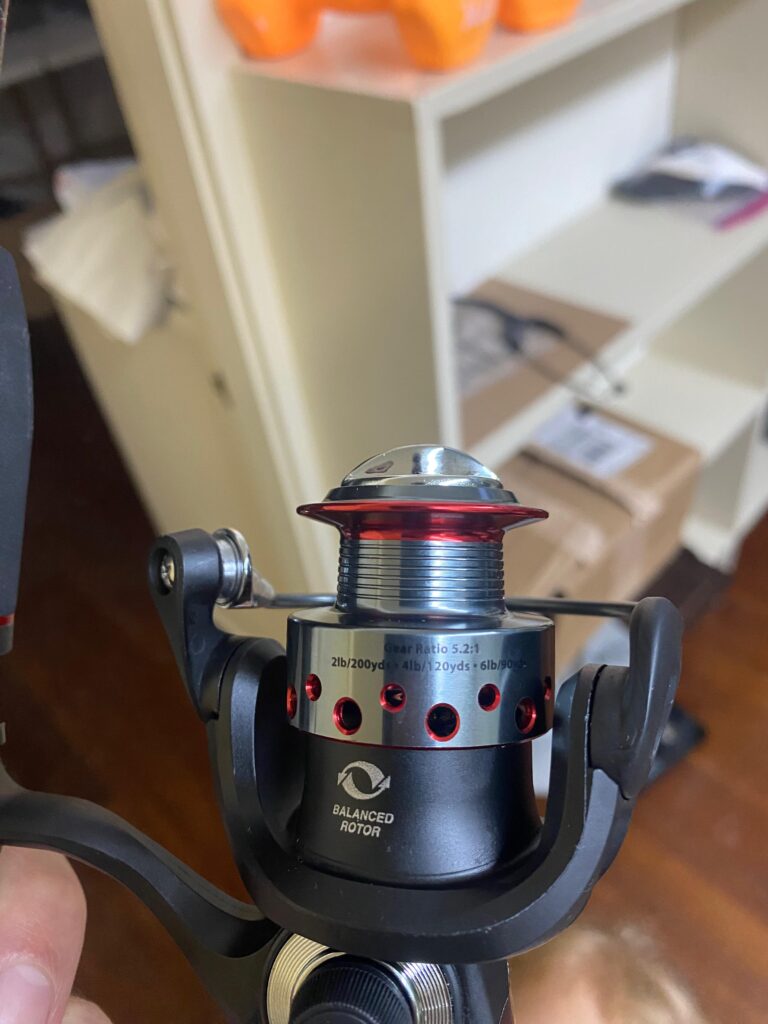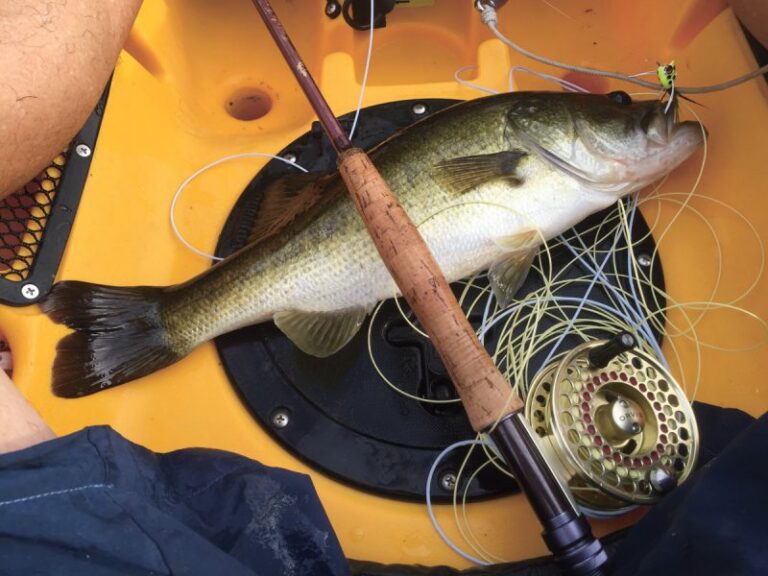What Pound Test for Bass Baitcaster
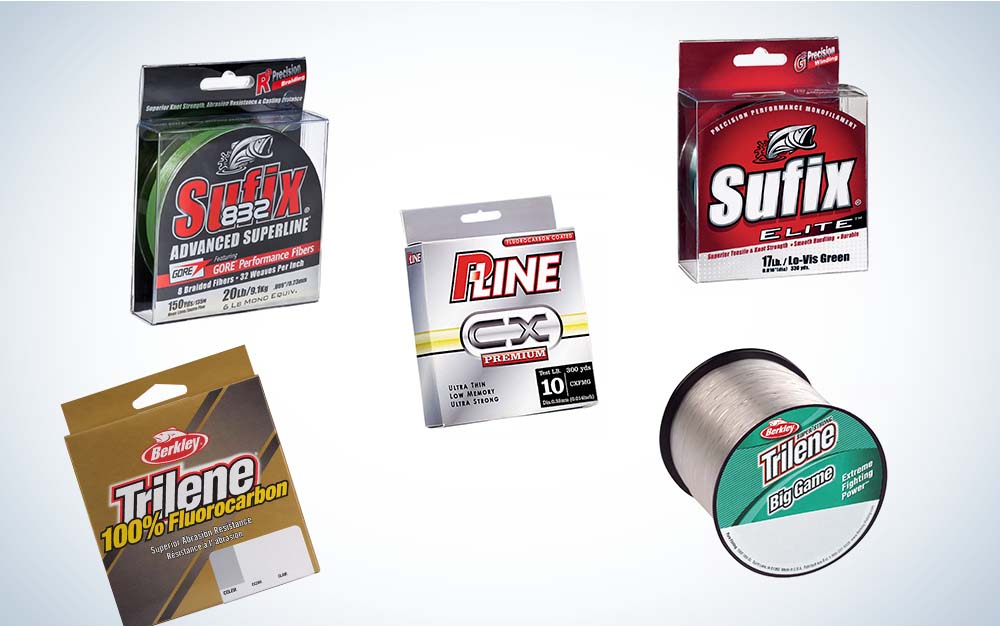
For bass fishing with a baitcaster, a 12-17 pound test line is ideal. This strength offers a good balance between sensitivity and power for most bass fishing scenarios.
Selecting the right pound test for your bass baitcaster maximizes your chances of success on the water. Anglers often seek the perfect harmony between durability and finesse to tackle various environments and fish sizes. The 12-17 pound test range is versatile, suitable for different bass fishing techniques from flipping to casting crankbaits.
This line strength allows for effective hook sets and control during the fight while still being thin enough to ensure proper lure action. With the right line, your baitcaster becomes a precise tool, enhancing your presentation and increasing your likelihood of landing that trophy catch. Choose wisely to adapt to the conditions and the behavior of the bass you’re targeting for a rewarding fishing experience.
Selecting The Right Pound Test For Bass Baitcasters
Determining the ideal pound test for bass baitcasting requires considering several factors. Water clarity, underwater structure, and target bass size influence line selection.
Anglers often choose heavier lines in murky waters. This helps prevent breakage around rocks and logs. Clear waters often call for thinner, less visible lines.
| Line Type | Visibility | Strength | Stretch |
|---|---|---|---|
| Monofilament | Low-Medium | Medium | High |
| Braid | Low | High | Low |
| Fluorocarbon | Low | High | Medium |
Braided lines are tough. They work well for pulling fish from heavy cover. Monofilament is stretchy, good for shock absorption. Fluorocarbon’s invisibility makes it perfect for finicky fish.
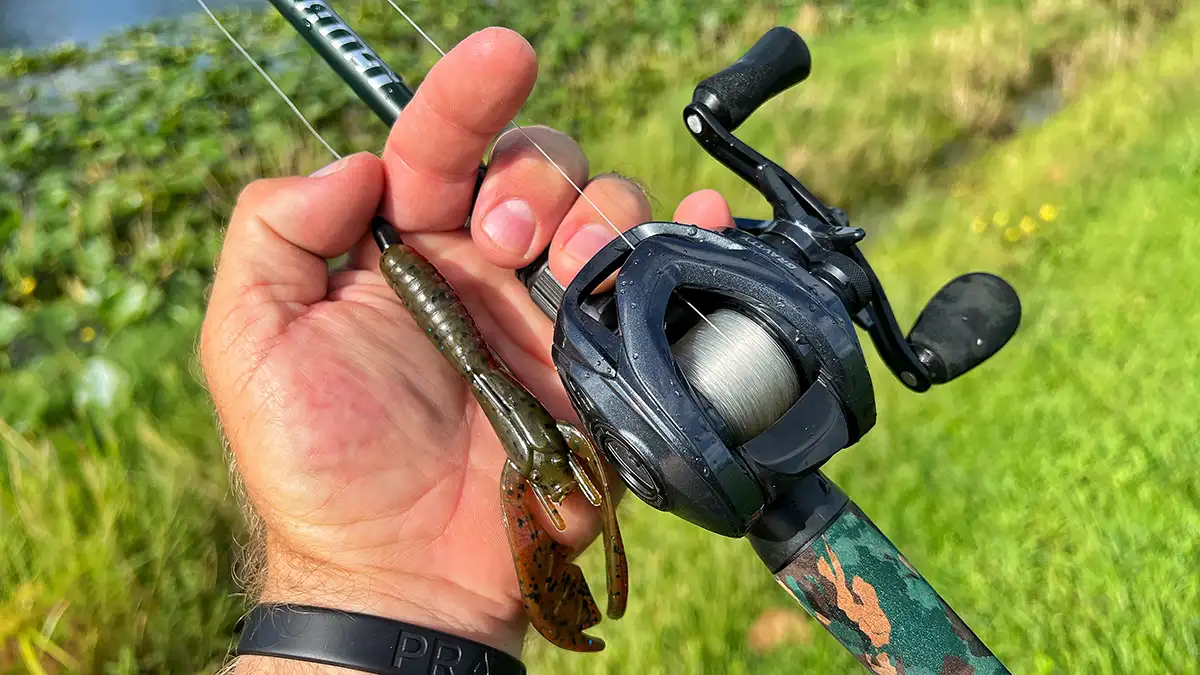
Credit: www.wired2fish.com
Ideal Line Strength For Different Bass Fishing Conditions
For clear water finesse techniques, bass anglers prefer a lighter line. A line test between 6-10 pounds is often ideal. It offers a subtle presentation in clear conditions. This helps to outsmart wary bass by making the line almost invisible.
On the other hand, heavy cover power fishing demands a sturdier line. It’s important to choose a line test of 15-20 pounds to handle the rough conditions. A strong line ensures you can pull bass out from heavy weeds and timber.
Understanding Bass Behavior And Habitat
Bass behavior changes with the seasons. Anglers must adjust their line choice accordingly. Spring bass fishing can often be successful with lighter line, around 8-10 pound test. As vegetation grows in summer, lines in the 12-15 pound range work best.
Fall brings aggressive feeding, making a sturdy 10-12 pound line ideal. Winter’s sluggish bass may require bait finesse; thus, a lighter line, such as 6-8 pound test, could be effective. Water clarity also dictates line selection. Clear water necessitates a more invisible line, usually below 10 pounds. Warmer temperatures increase bass activity, often suggesting a stronger, more durable line choice.

Credit: m.youtube.com
Top Recommendations From Pro Anglers
Pro anglers often have a specific pound test preference for tournament fishing. A common range is 12-15 pounds, balancing strength and stealth. Many professionals consider the species of bass and the type of cover they are fishing around. Lighter lines are typically used for clear waters, while heavier lines might be necessary in areas with thick vegetation or structures.
Equipment setups can influence line choice. Some anglers prefer a baitcaster reel with a stronger line for better control. Others opt for lighter tests to cast smaller lures. The choice also depends on the rod action and reel gear ratio. Experienced anglers might have multiple setups, ready for changing conditions on the water.
Maximizing Your Baitcaster’s Performance
To boost your baitcaster’s potential, proper spooling is key. Expertly load your reel to ensure smooth casting. Use a technique that avoids line twists and provides even distribution across the spool.
Tuning your baitcaster for various line weights is critical. A lightweight line needs finer adjustments than a heavier one. Balance the tension knob to match the line strength you’ve chosen. This will improve accuracy and reduce backlashes. Frequent checks and tweaks optimize your casting distance and precision.
Common Mistakes To Avoid With Pound Test Selection
Choosing the right pound test for a bass baitcaster can be tricky. Matching the line strength to your lure’s weight is crucial for best performance. Use a line too heavy, and your lure won’t work right. A line too light might break. Look at the lure package to find the best line weight.
Environmental factors also play a big role. Things like water clarity and cover can affect your choice. In clear water, thinner, less visible lines can lead to more catches. In places with lots of weeds or rocks, stronger lines help you avoid losing lures.
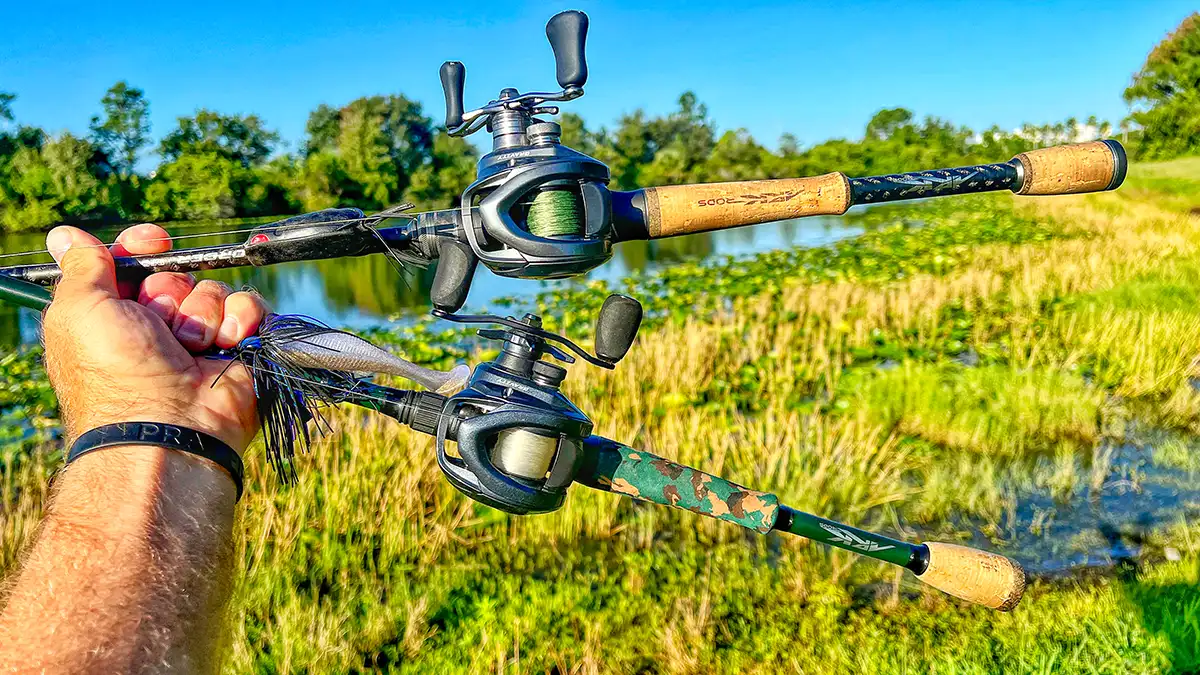
Credit: www.wired2fish.com
Frequently Asked Questions For What Pound Test For Bass Baitcaster
What Pound Test Line Should I Put On My Baitcaster?
Choose a pound test line for your baitcaster based on target fish species, typically ranging from 10-25 pounds for versatility and optimal performance.
Is 12-pound Line Good For A Baitcaster?
A 12-pound line is generally suitable for a baitcaster, offering a good balance for medium-sized fish and versatile casting techniques.
What Weight Should I Use For A Baitcaster?
For a baitcaster, select a lure weight between 1/4 oz and 1 oz, tailored to your rod’s specifications and casting comfort. Opt for heavier weights for longer casts and windy conditions.
Is 20 Lb Braid Good For Baitcaster?
Yes, a 20 lb braid is suitable for baitcasters, especially for bass fishing or when casting in heavy cover. It offers excellent strength and sensitivity.
Conclusion
Selecting the right pound test for your bass baitcaster is critical. Aim for a 12-15 pound test for versatility and optimal performance. Remember, the right line increases your catch rate and enhances your fishing experience. Happy casting, and may your next bass fishing adventure be a successful one!
